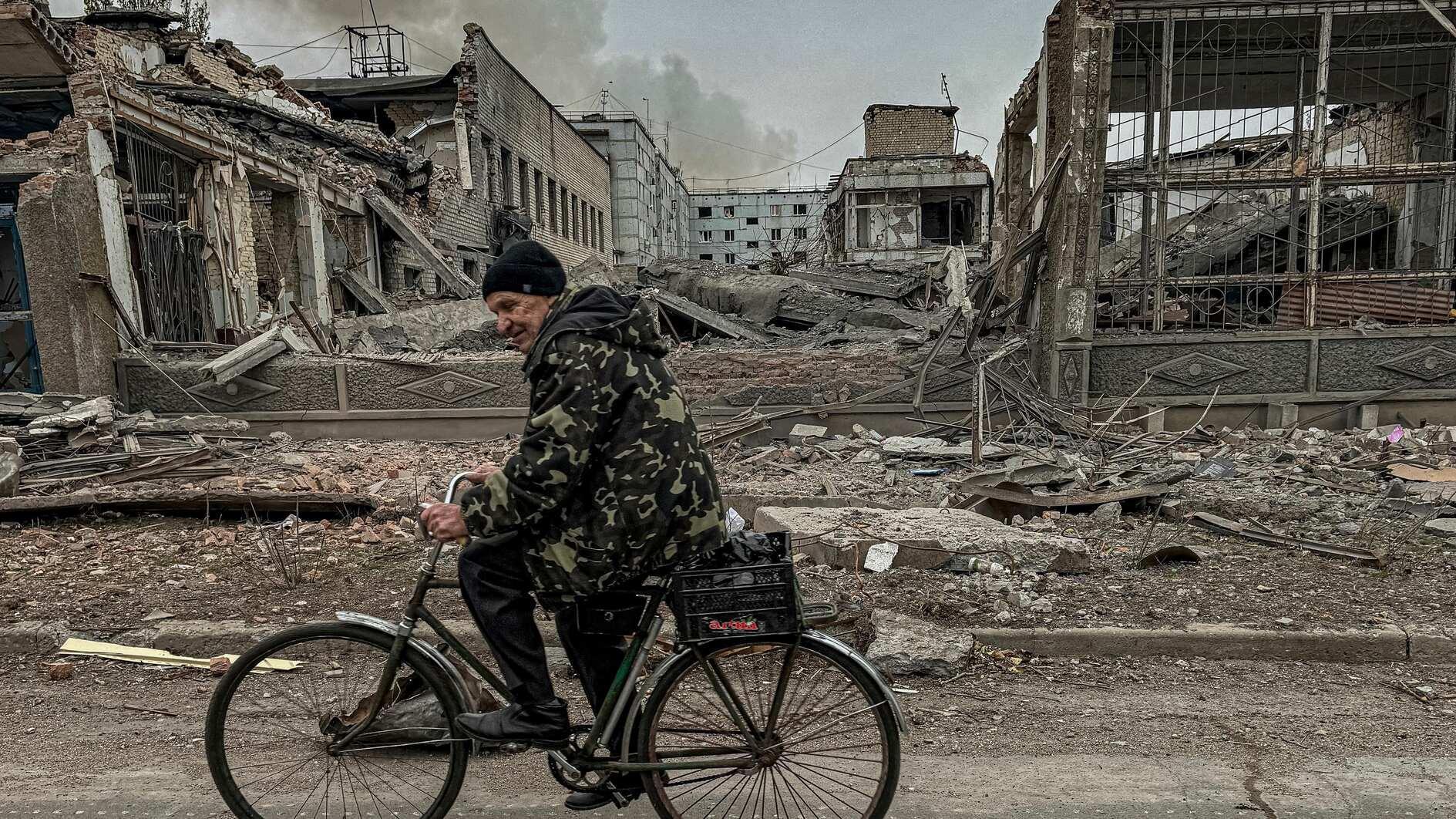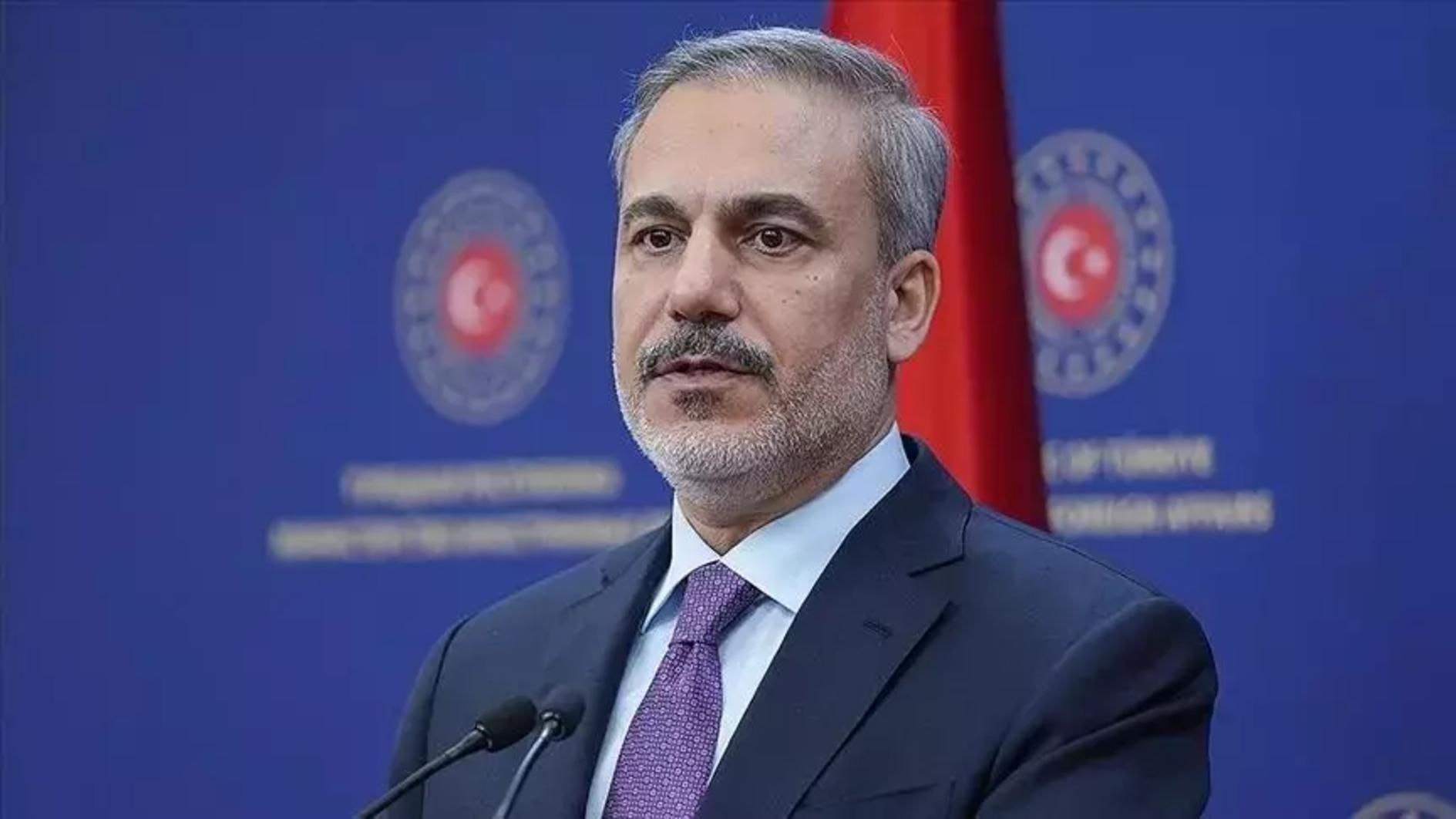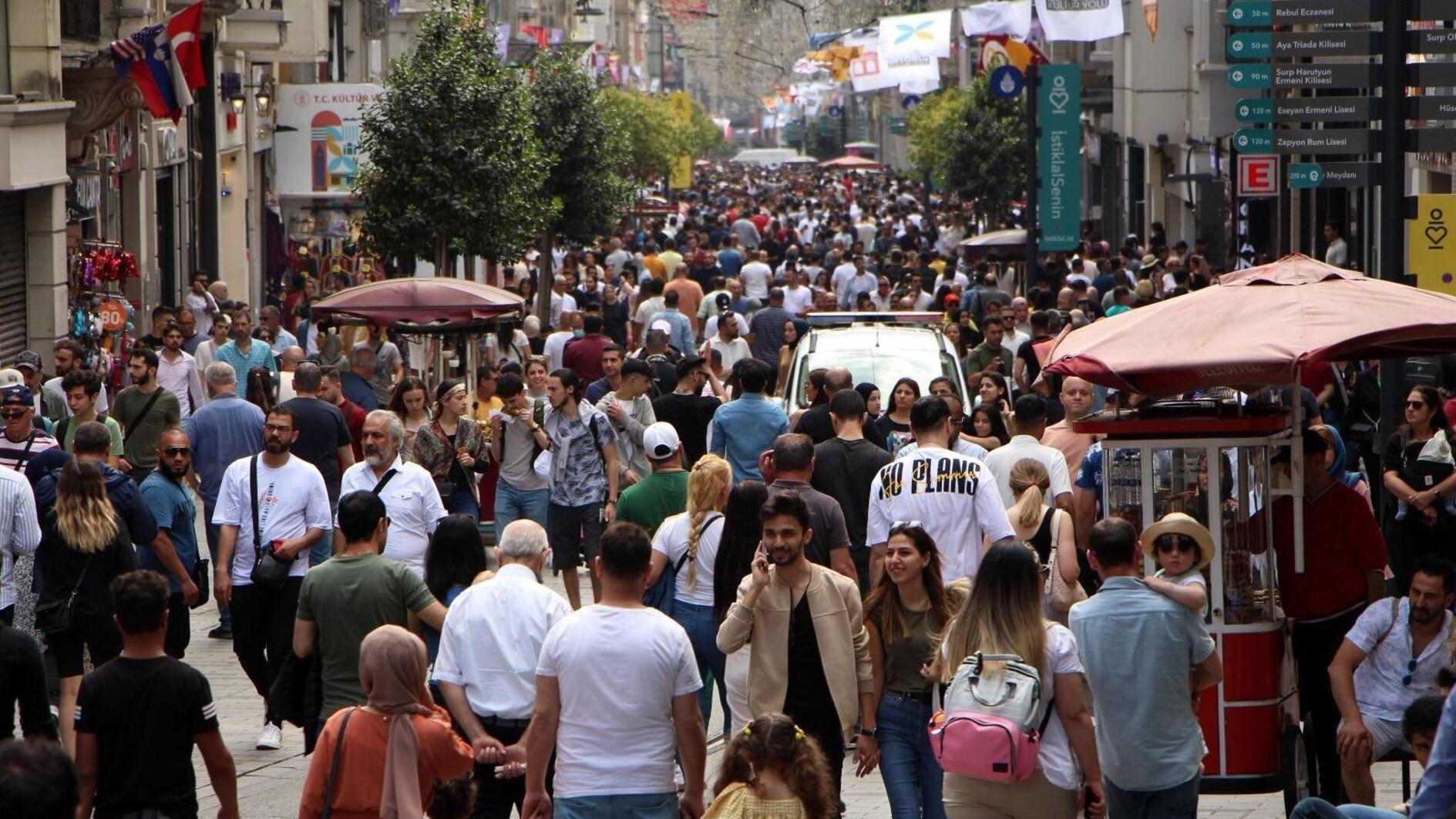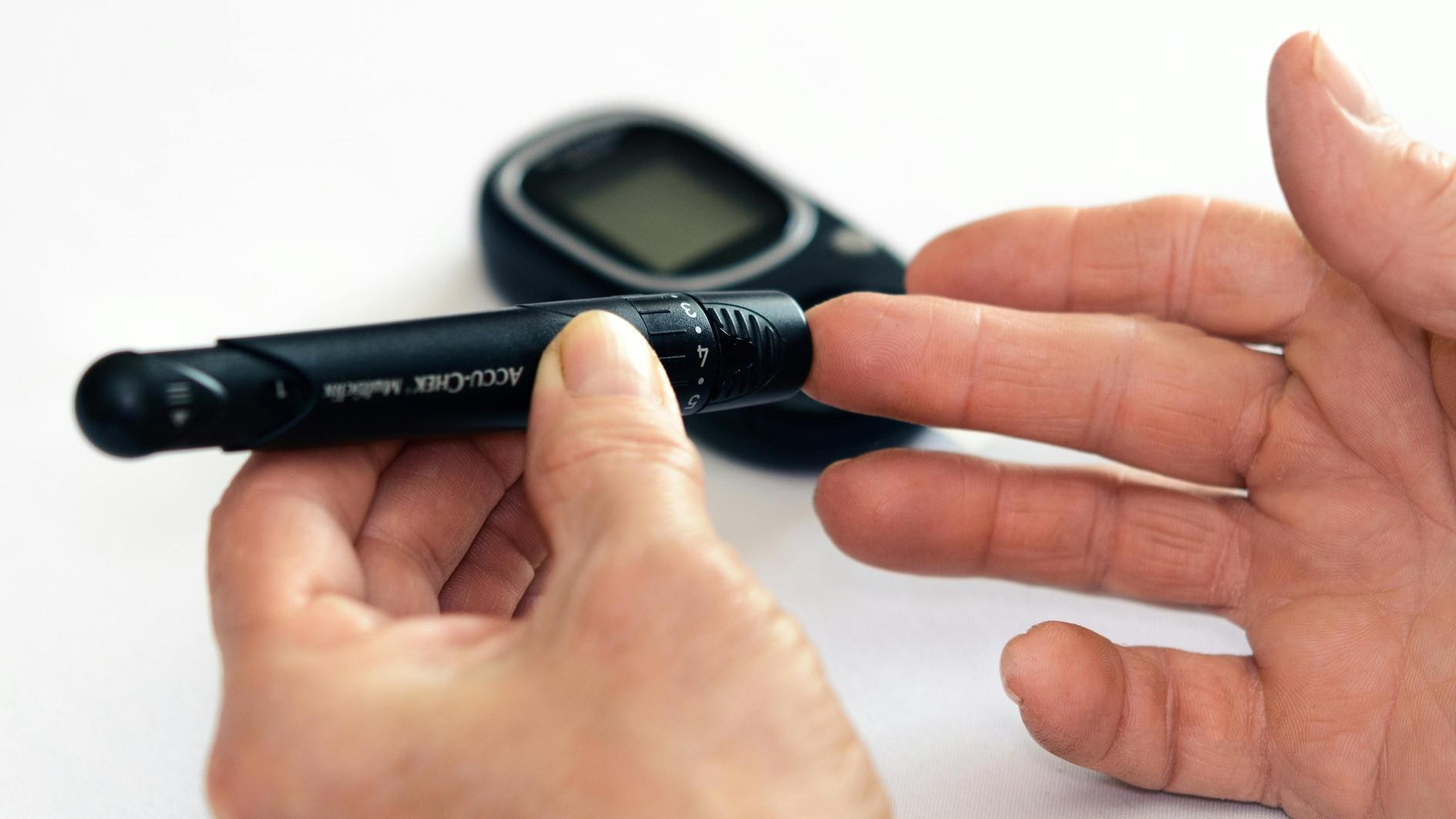Get ready for an everlasting journey
Last week riots erupted in Northern Ireland over a decision to limit the days the Union flag flies over Belfast City Hall. The news came in the midst of Turkey’s reaccelerated “peace process” on the Kurdish question.
When talking about a peace process, Galtung’s famous terms, positive and negative peace, immediately come to my mind. While negative peace is restricted to the end of violence, positive peace is much more comprehensive and inclusive. It requires working toward establishing justice, equality, fairness and social redistribution. This kind looks to be the aim of Turkey’s current roadmap since it includes measures such as constitutional reforms, rights on Kurdish language and education and strengthening local administrations.
Some aspects of the Northern Irish peace process could guide Turkey on this path. Between 1994 and 2007, the British government was prepared to close its eyes and accept the “political wing” of the Irish Republican Party (IRA), the Irish military organization, as negotiating partners despite knowing they were active terrorists. Just as the AKP government took the initiative of holding meetings with the jailed leader of the Kurdistan Workers’ Party (PKK), Abdullah Öcalan, and agreed with him on the framework for a plan. However Tony Blair’s, then the prime minister, famous motto “if you want to resolve a conflict, it is your enemies to whom you should talk” was not only absorbed by the government. Both the British and Northern Irish publics and also the opposition parties embraced the process, reflecting a post-nationalist ethos. This bipartisanship enabled the British government to act without electoral concerns, which is certainly not the case in Turkey.
The most distinct aspect of the Turkish case, however, is the pan-Kurdish dimension. No external forces were making life difficult in the Irish process. Another geographical distinction is that while Britain and Ireland are two islands, the Kurdish presence in Turkey cannot be separated that clearly, according to either region or population. Also the role of the Republic of Ireland helped the peace process whereas it is questionable whether the Kurdistan Regional Government (KRG) in northern Iraq can play such a role even if that’s what Turkey would wish for. The U.S.’ cooperative role in the Irish case should also be given credit. The post-9/11 atmosphere further helped since the IRA couldn’t conduct terrorism in their name that easily anymore.
It took 13 years for peace to arrive in Northern Ireland. People blaming the British government of “selling” them to the IRA were never lacking; the IRA split into the “Real IRA” and “Continuity IRA” in the meantime and the splinters continue their attacks up to today. Yet both sides’ determination was as steady as a rock. There is no way to draw a straight line between two points if the point of arrival changes its place all the time. If you want to achieve peace, you have to keep up with its constantly changing requirements. Get ready for this long, arduous and flippant journey.











